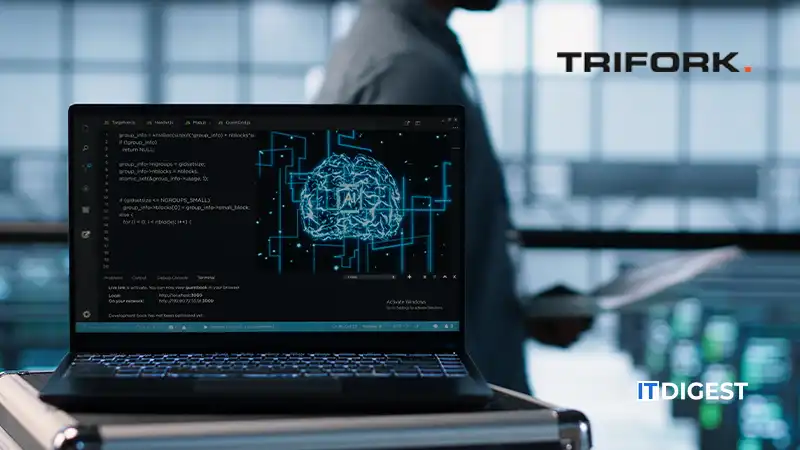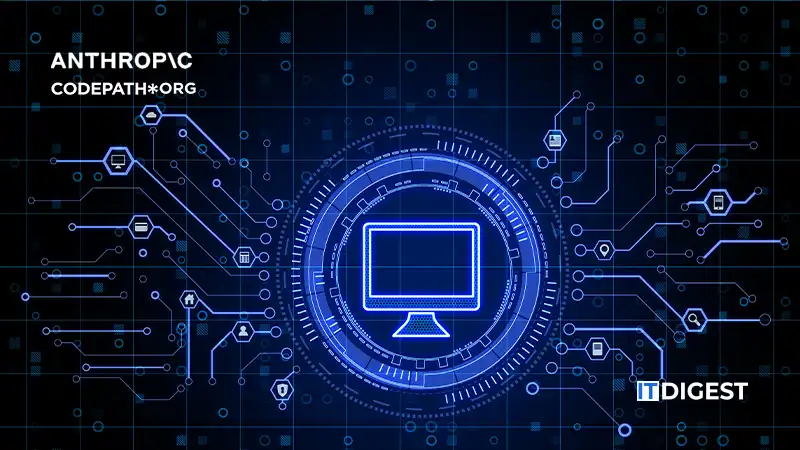QurAlis Corporation, a clinical-stage biotechnology company developing breakthrough precision medicines for amyotrophic lateral sclerosis (ALS) and other neurodegenerative diseases with genetically validated targets, and Unlearn, a pioneering technology company innovating machine learning to revolutionize medical research, announced they have entered into a collaboration to accelerate and optimize QurAlis’ clinical program in ALS with Unlearn’s advanced generative artificial intelligence (AI) technology.
Unlearn develops digital twins of clinical trial patients that are predictions of individual health outcomes under the control treatment over time. Digital twins are employed in randomized controlled trials (RCTs) called TwinRCTs to run more efficient trials that produce regulatory-suitable evidence.
“Advances in machine learning and AI make it possible to enhance trial power to detect a positive result when one truly exists while controlling for Type-1 error and significantly shorten timelines without introducing bias into the study,” said Kasper Roet, Ph.D., founder and chief executive officer (CEO) of QurAlis. “We are excited to partner with Unlearn to help advance our clinical program with AI and other innovative technologies to generate evidence suitable for supporting regulatory decisions and help speed new, lifesaving precision medicines to patients with ALS and other neurodegenerative diseases.”
The collaboration aims to reduce variability and increase the study power in QurAlis‘ clinical trials for QRL-201 and QRL-101, the Company’s lead product candidates in ALS. Unlearn’s patented machine learning models are trained on existing clinical data. After validation, they are used to generate digital twins from baseline data for each patient enrolled in a TwinRCT, regardless of their randomization assignment. Prognostic scores derived from digital twins are incorporated into the trial’s primary analysis to precisely estimate treatment effects and control for Type-1 error.
“By using machine learning to leverage the wealth of existing patient data from completed clinical trials, our technology significantly shortens typical timelines by months while generating evidence suitable for supporting regulatory decisions,” said Charles Fisher, Ph.D., founder and CEO of Unlearn. “The AI technology we’re developing today will revolutionize the future of clinical research.”
QRL-201 is a first-in-class therapeutic product candidate aiming to restore STATHMIN-2 (STMN2) expression in ALS patients. STATHMIN-2 is a well-validated protein important for neural repair and axonal stability, the expression of which is significantly decreased in nearly all ALS patients. QRL-201 rescues STMN2 loss of function in QurAlis ALS patient-derived motor neuron disease models in the presence of TDP-43 pathology.
SOURCE: PRNewswire

































